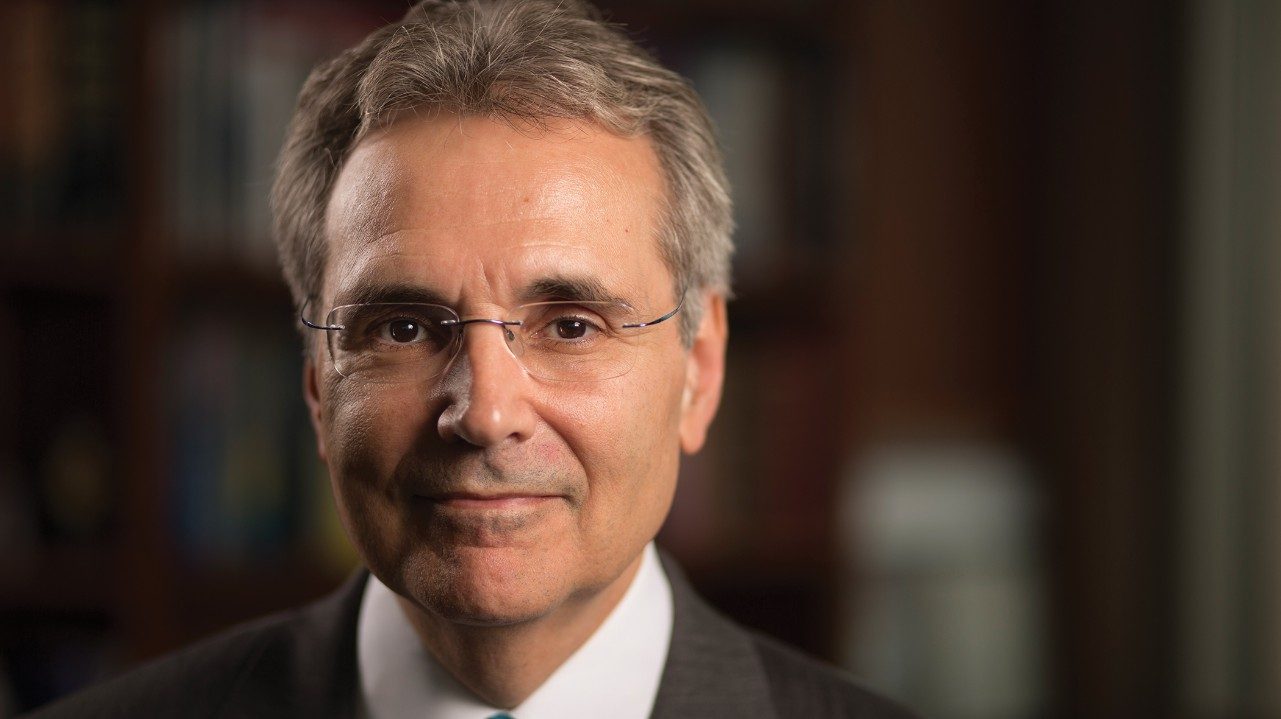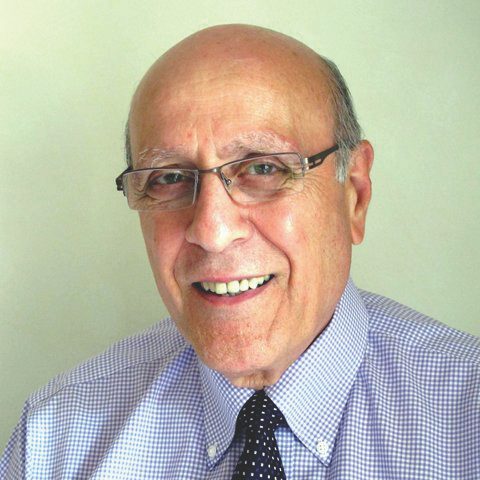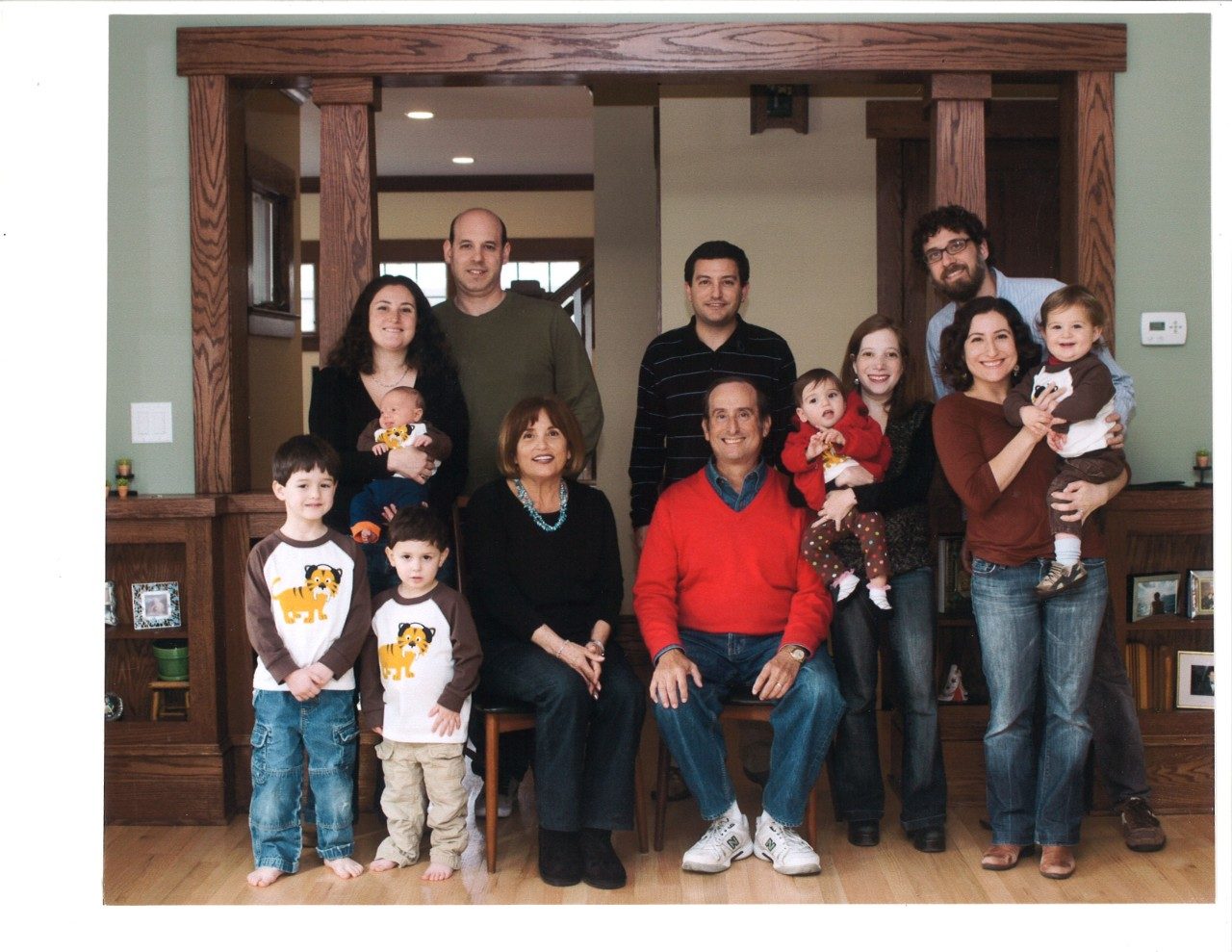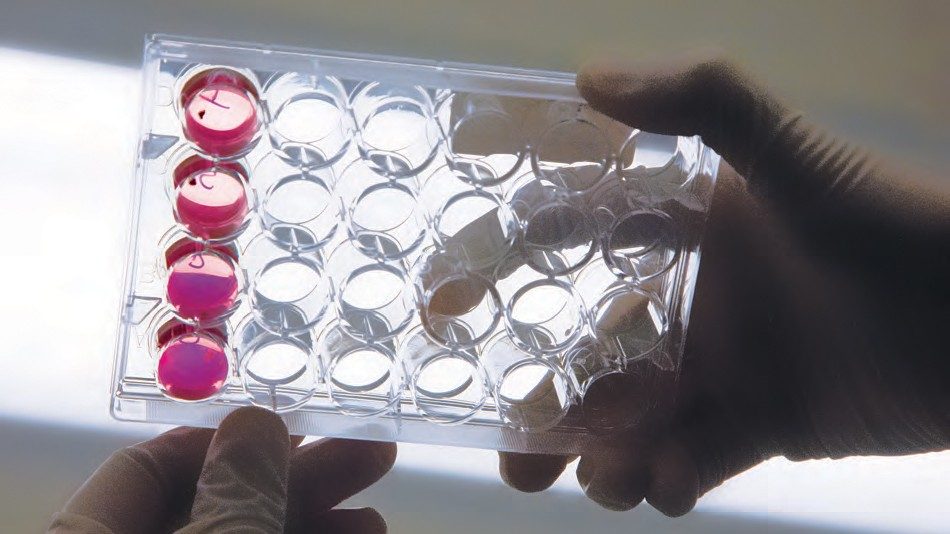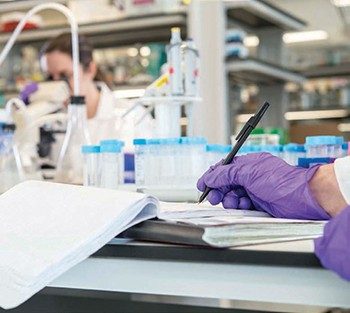Huffington Foundation gives $5 million to Neurodegeneration Consortium
Supports unique approach to treating, detecting Alzheimer's, other neurodegenerative diseases
The Huffington Foundation has committed $5 million to the Neurodegeneration Consortium (NDC), a multi-institutional collaboration to study and treat Alzheimer’s and other neurodegenerative diseases.
The NDC was established with an inaugural $25 million challenge gift from the Robert A. and Renee E. Belfer Family Foundation to MD Anderson, Baylor College of Medicine and the Massachusetts Institute of Technology (MIT). The Belfers’ commitment is contingent on the consortium partners raising a matching $25 million in private philanthropy. The Huffington Foundation leads the way in this effort, bringing total matching contributions to more than $15 million.The foundation’s generosity will help the NDC advance effective targeted treatments for people who suffer from Alzheimer’s disease, Parkinson’s disease and chemotherapy induced neuropathy.
“We’re deeply grateful to the Huffington Foundation for supporting our efforts to find out how and why neurodegenerative diseases develop and to find the key steps to prevent or slow disease progression,” says Ronald DePinho, M.D., president of MD Anderson.
Recent work in neurodegeneration, cancer and other age-associated diseases has revealed common molecular themes. Through an improved understanding of the biology driving the development of these diseases, the NDC aims to generate treatments that may be effective across many diseases associated with advanced age.
The NDC integrates target discovery activities in the basic science laboratories of Baylor, MIT and MD Anderson with the drug discovery engine of MD Anderson’s Institute for Applied Cancer Science (IACS). Researchers at the three institutions will share promising discoveries, while IACS will translate these findings into the next generation of targeted drugs and diagnostics.
The IACS’ inaugural drug discovery project, led by Ming-Kuei Jang, Ph.D., and Philip Jones, Ph.D., focuses on neuronal protection, which will engage innate protective mechanisms that promote neuron health following injury and aging. This strategy could have a broad impact on patients with various neurodegenerative diseases, as well as cancer patients suffering from neuropathy. A second project, currently under evaluation, will develop diagnostic tools to detect neurodegenerative disease earlier, even before symptoms occur, and to determine response to innovative therapies.
